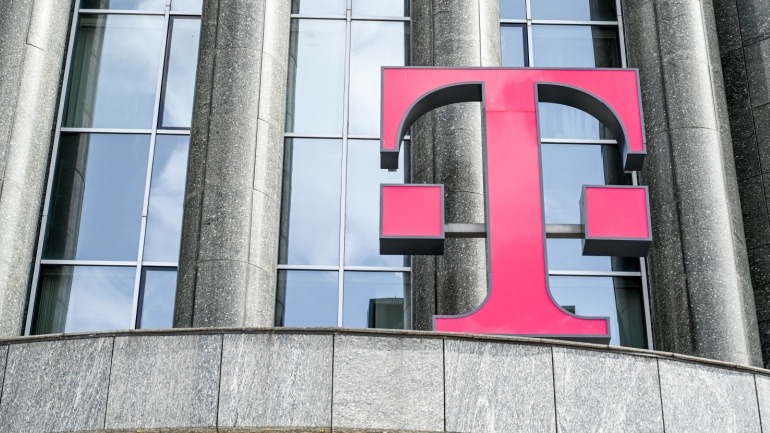T-Mobile will launch its T-Satellite NTN on July 23, expanding satellite-to-cellular service to areas without terrestrial coverage. With 1.8 million beta users already active, the service enables seamless messaging on existing devices. Future features include multimedia messaging and emergency texting, even for non T-Mobile customers.
Inseego and T-Mobile have partnered to launch the FX4100, an advanced indoor 5G gateway for businesses. Featuring 5G Standard Access, uplink carrier aggregation, and network slicing, it enables enterprises to adopt wireless as their primary connectivity. The FX4100 offers easy management, broad coverage, and supports demanding applications.
T-Mobile revolutionizes SailGP with top-tier 5G and AI technology, enhancing both the viewing experience and race operations. Its 5G Advanced Network Solutions provides viewers with real-time HD feeds and intuitive decision-making tools, while predictive AI boosts race management.
T-Mobile’s joint venture with EQT to acquire Lumos marks a strategic leap in expanding T-Mobile’s broadband offerings. By transitioning Lumos customers to T-Mobile Fiber, this acquisition positions T-Mobile as a formidable player in fiber services. The $950 million investment aims to enhance network expansion.
T-Mobile US is pioneering advancements in 5G Advanced technology with breakthrough field tests utilizing six-component carrier aggregation. These tests leveraged Nokia and Qualcomm technologies, achieving downlink speeds of 6.3 Gbps, showcasing the future potential of 5G networks.
Telness Tech expands into the U.S., partnering with T-Mobile to empower MVNOs through automation and 5G connectivity. CEO Martina Klingvall calls it a milestone in global expansion, enhancing flexibility and scalability for operators.
AT&T topped RootMetrics’ second-half 2024 network testing for overall performance at national and state levels. However, Verizon and T-Mobile outpaced AT&T in 5G capabilities. While AT&T excelled in reliability and speed, Verizon led in 5G experience, and T-Mobile dominated availability.
Apple is reportedly testing direct satellite connectivity for iPhones in partnership with Starlink and T-Mobile. This initiative, enabled by iOS 18.3, allows select T-Mobile users to text via satellite in areas without cellular coverage.
T-Mobile has launched Starlink satellite messaging for Samsung Galaxy devices, enhancing off-grid connectivity for Galaxy S24 users in the U.S. This beta service utilizes a low-earth orbit constellation, enabling text communication in areas without cellular coverage.
The state of Washington is pursuing legal action against T-Mobile over a massive 2021 data breach affecting millions. The incident underscores the growing cybersecurity challenges faced by telecom providers.













